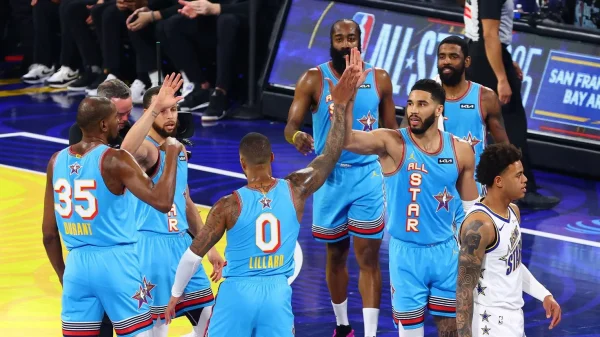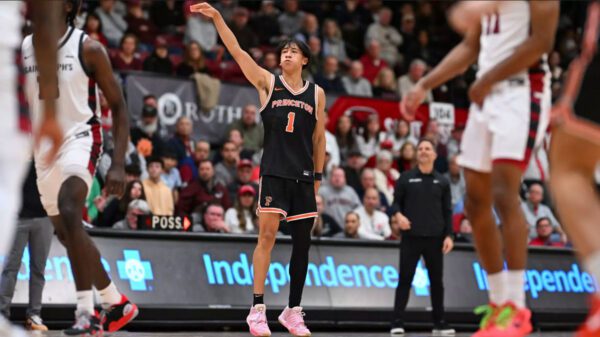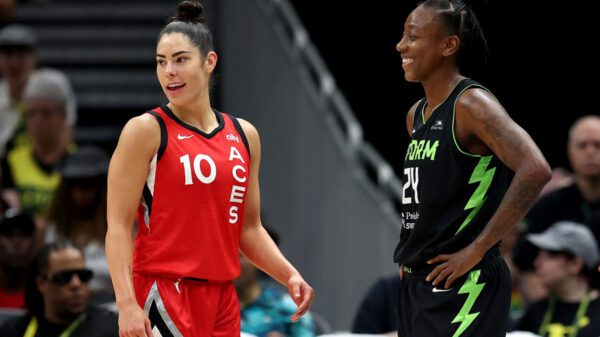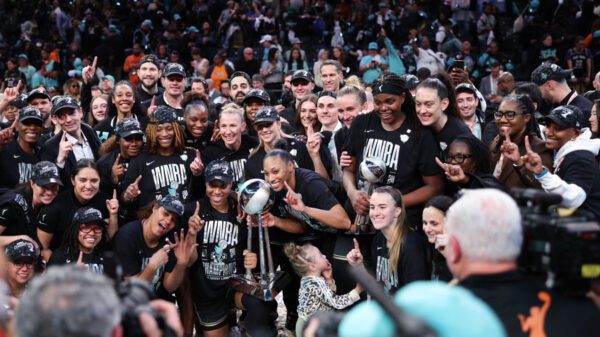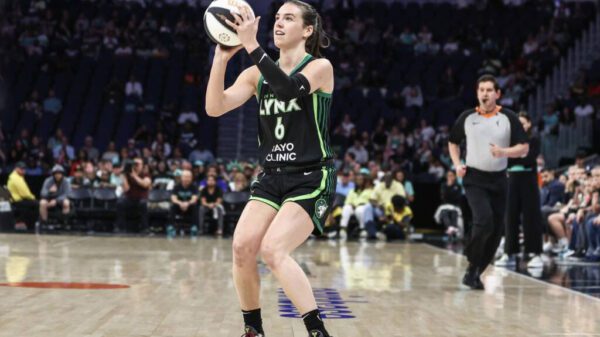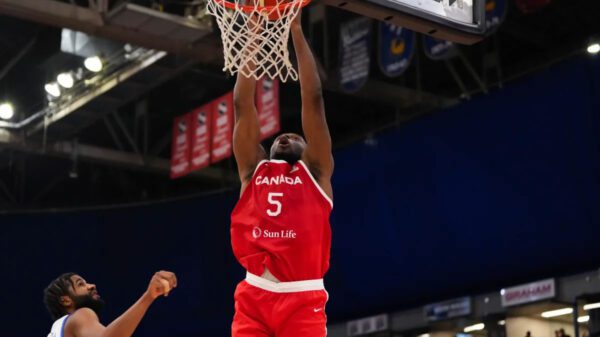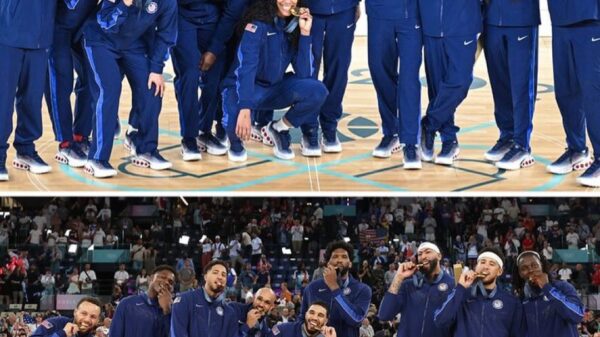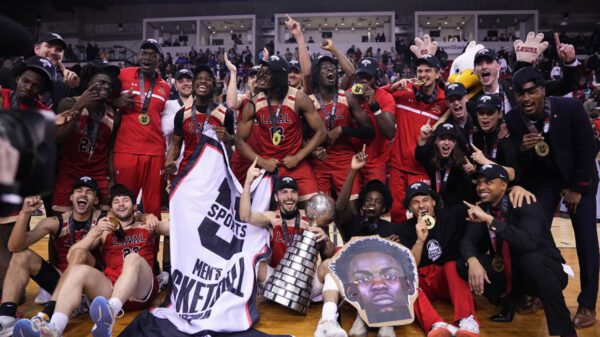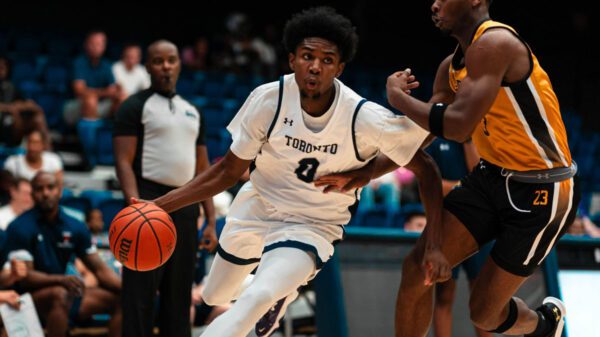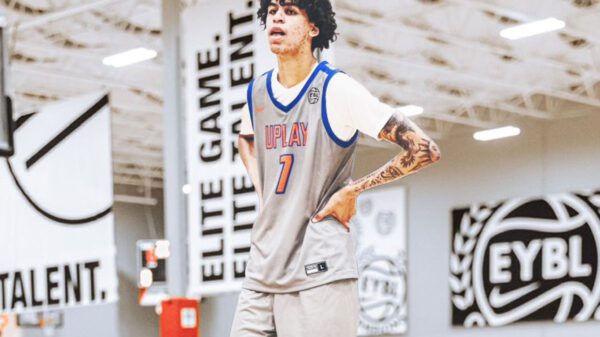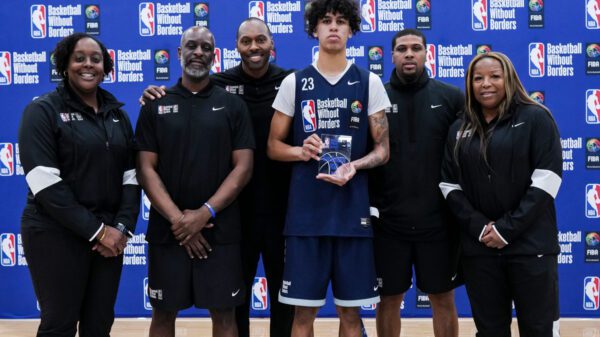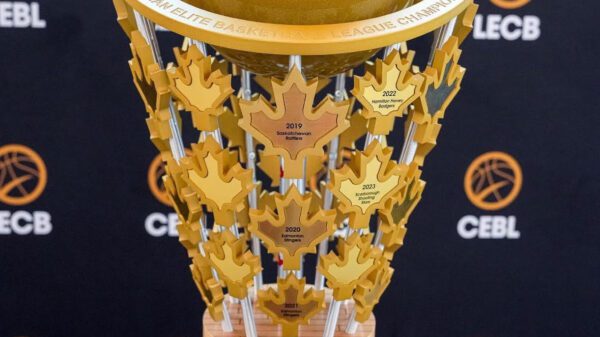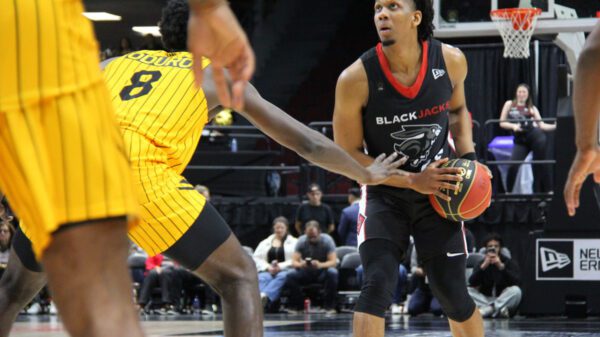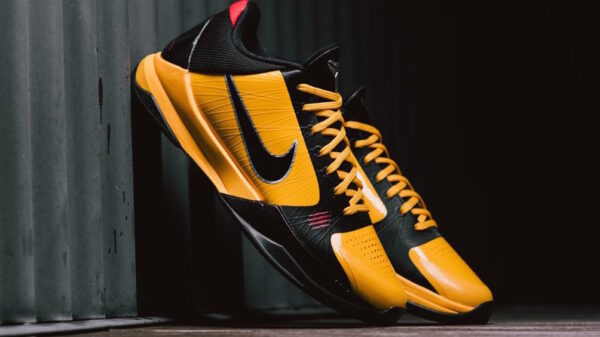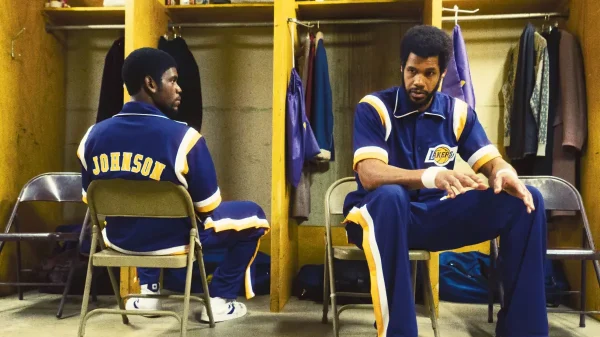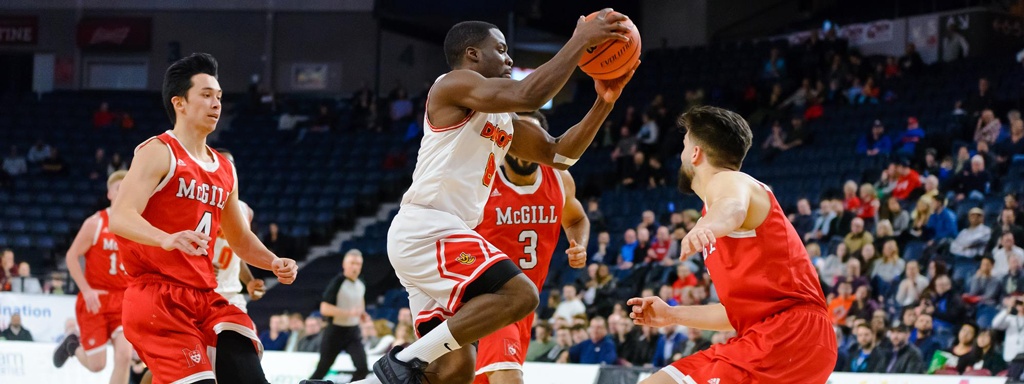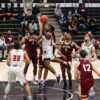Vancouver, BC – The struggles continue for the Réseau du Sport Etudiant du Québec (RSEQ) Quebec conference at the CIS Final 8 National Championships.
With the No. 5 McGill Redmen dropping a 72-69 nail-biter to the No. 4 seed Calgary Dinos, it has now been eleven years (2005) since an RSEQ team has won a quarter-final game at nationals, and over 18 years since the 1998 Bishop’s Gaiters lifted the W.P. McGee trophy, claiming bragging rights as the best conference in the country.
A lot has changed between 1998 and 2005 when the Concordia Stingers knocked off the St. Mary’s Huskies 87-57 to advance to the national semi-finals.
The University game as a whole has improved by leaps and bounds, we’ve seen realignment changes across two conferences, both in the OUA and Canada West divisions, CIS transfer rules have opened up the floodgates for NCAA transfers to return home without being forced to sit out a mandatory one year, and much more.
But outside of RSEQ teams competing during preseason exhibitions against top NCAA teams during August and early September, things have pretty much remained the same for a conference that routinely challenged the rest of the country during the 1990s.
The majority of the problems with the RSEQ can be traced to the fact it only features five teams in comparison to the rest of the league. The Ontario University Association (OUA) and the Canada West boast a total of 17 teams across multiple divisions, while the Atlantic University Sport (AUS) conference only has eight teams.
The lack of competition and expansion has forced Quebec university basketball teams to play fewer league games against the same underachieving opponents during the season, resulting in one or two teams finishing above 50% in the standings.
Although not entirely factual, it is valid to argue that the conference is also losing the recruiting battle, as most of the top high school players from Ontario, Canada West, or Atlantic Canada rarely consider the RSEQ as a conference of choice for championships and exposure.
The majority of the rosters across the five teams are filled with local CEGEP Quebec talent and a few imports from French-speaking nations like France, Belgium, Haiti, and a few African countries.
Despite all of these disadvantages and the rapid growth of the game across the country, from prep leagues to professional ranks (NBL Canada), the RSEQ still has plenty to offer. From high-level educational opportunities to top-notch coaching, it features one of the most diverse provinces Canada has to offer.
For the RSEQ, the road to supremacy will require time, funding, strategic thinking, and potential realignments with the OUA and/or CEGEP additions to grow the university/collegiate game throughout the province.
Adding more teams will surely make the league more competitive and attractive. Improving facilities, scholarship offers, and most importantly, winning will also help solve some of these dilemmas. Hopefully, this will restore the conference as a prime destination and end the championship drought.



